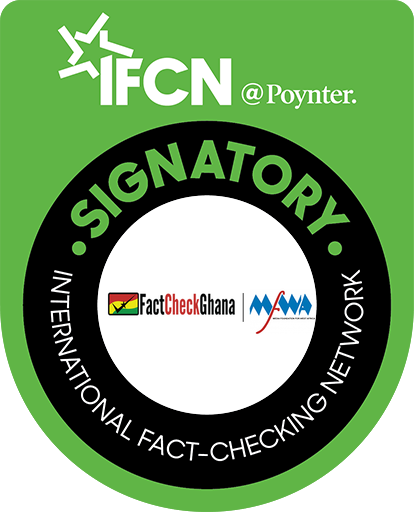Am I likely to be infected again after recovering from COVID-19? This is one of the questions many people have been asking since the COVID-19 pandemic began. Health experts, the World Health Organization (WHO) and scientists do not have a concrete answer to this critical question. This is because the novel coronavirus was only discovered about eight months ago and scientists are still studying the virus.
A concrete answer to this question would have given people personal freedom to go about their usual activities without so much care to who they come into contact with after they have recovered.
“We are closely liaising with our clinical experts and working hard to get more information on those individual cases,” the World Health Organization (WHO) told Reuters news agency on April 11.
“The immune response, including duration of immunity, to SARS-CoV-2 infection is not yet understood. Patients with MERS-CoV are unlikely to be re-infected shortly after they recover, but it is not yet known whether similar immune protection will be observed for patients with COVID-19,” the WHO wrote on its website.
The Centers for Disease Control and Prevention (CDC) in America also stated on its website on June 28, 2020 that it still remains unknown whether people who have been cured of the novel coronavirus are immune to reinfection.
However, according to preliminary findings from a May 2020 report by the United States National Library of Medicine, reinfection may “seem unlikely” taking into consideration existing knowledge on viral neutralizing antibody duration from past respiratory illnesses.
Generally, it still remains unknown whether a person who recovers from COVID-19 is not likely to be re-infected again. It is therefore important to still adhere to the necessary precautions stipulated by the WHO and your country’s health institutions such as washing your hands frequently under running water and wearing a face mask.
______________________________________________________________
Supported by STAR Ghana with funding from UKAID and the European Union



